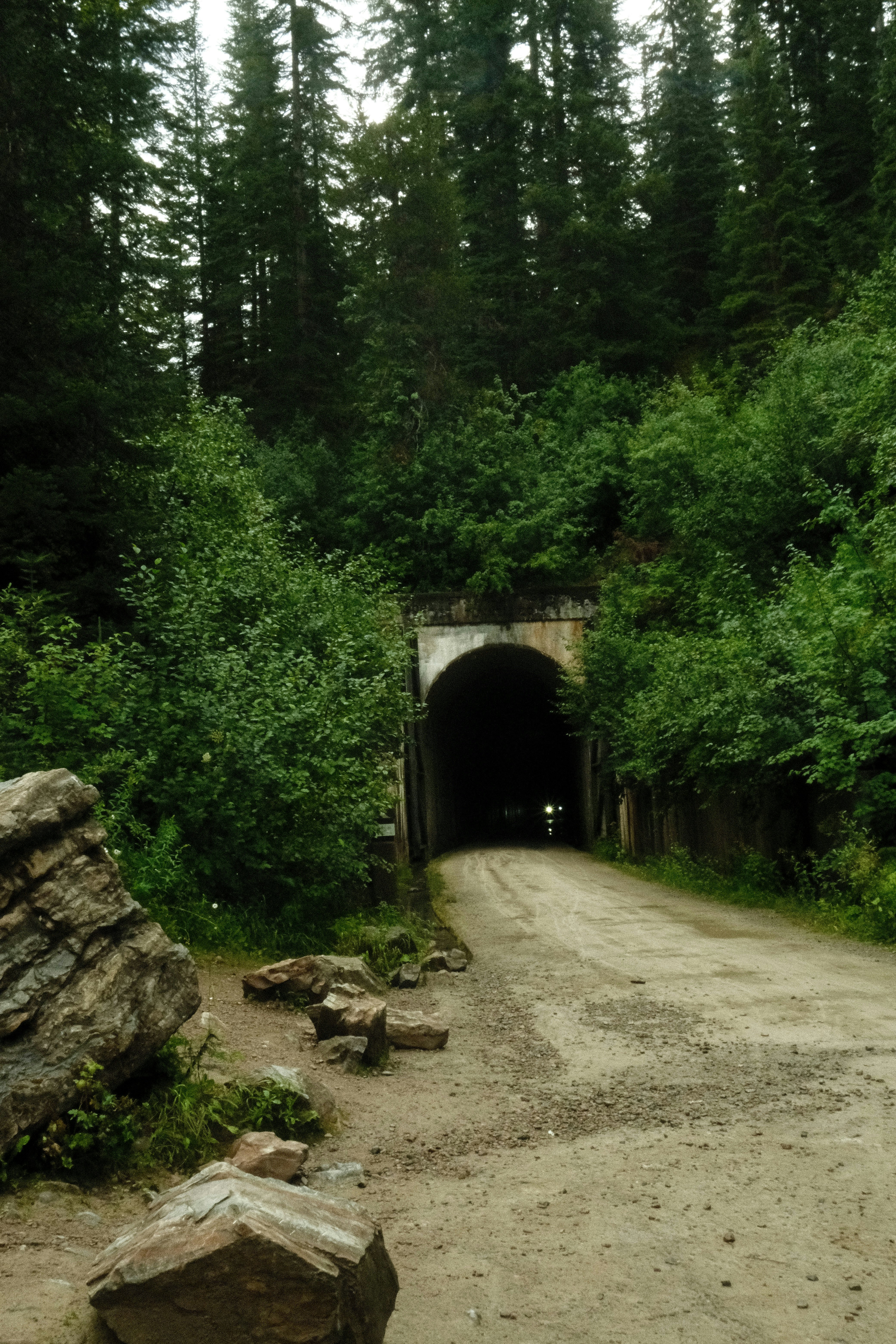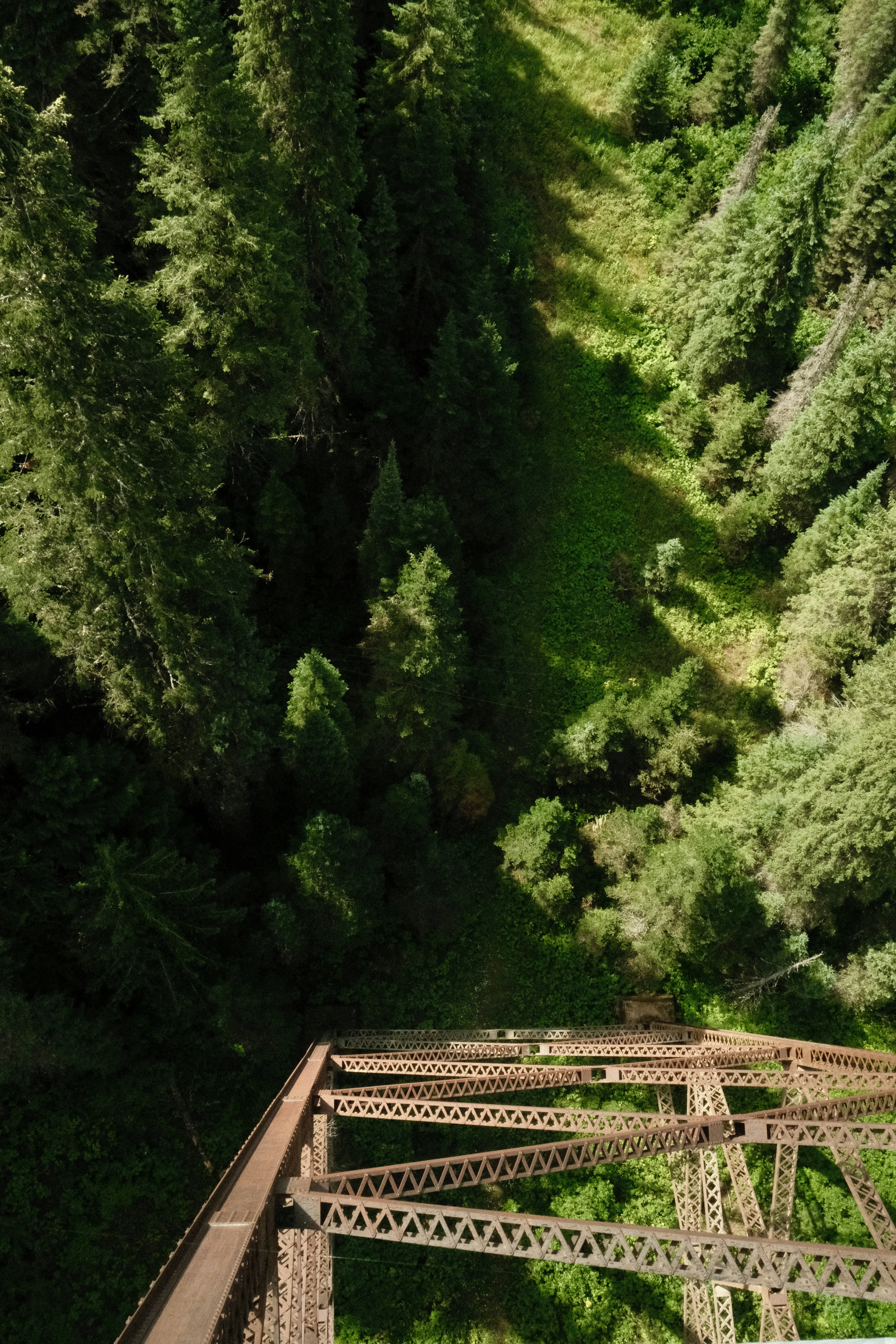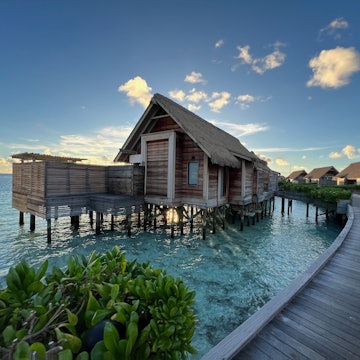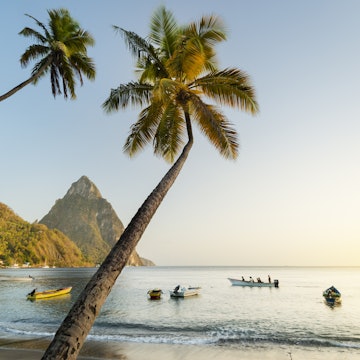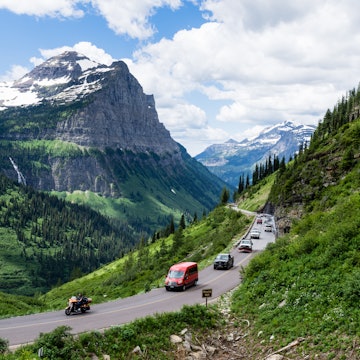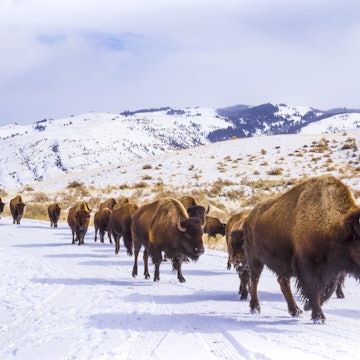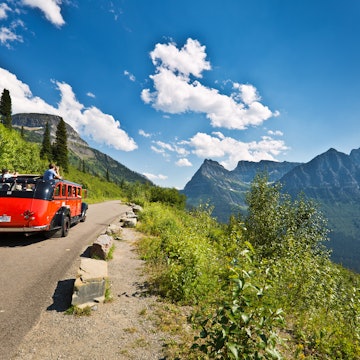
This region in Montana deserves as much hype as Bozeman, Big Sky and Yellowstone

Sep 2, 2025 • 6 min read

Flathead River as seen from the National Bison Range. Montana Department of Commerce
Bozeman is home to Montana’s busiest airport, no doubt about that. It’s a regular gateway to many of the state’s most acclaimed outdoor destinations, like Big Sky and Yellowstone National Park. I’ve followed that exact formula a couple of times, actually, with my dear friend Audrey.
But for someone who lives in a sea of concrete, I think about mountains a lot, and I want to see them all. That’s why on our most recent Montana adventure, Audrey and I touched down in Missoula and road-tripped around the state’s western half. Here’s why a visit to this lesser-frequented region will guarantee an authentic Montana experience and a newfound appreciation of the spaces between the state’s two beloved national parks.
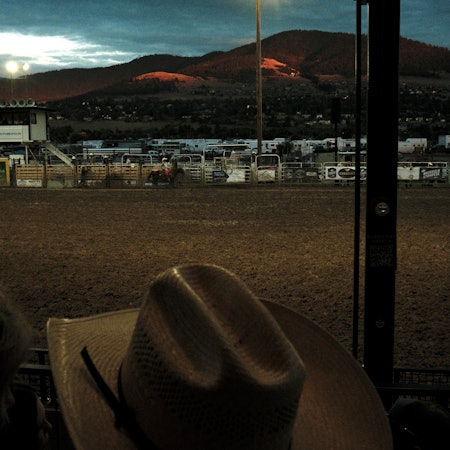
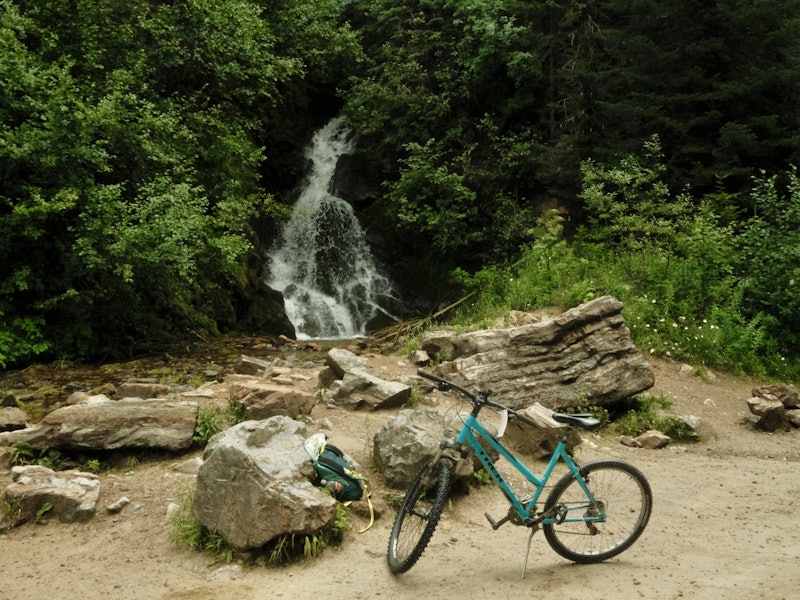
Why visit Western Montana now?
It’s just as grand, with mountains (literally) of opportunities to experience the magic of the great outdoors and seek out the western ways portrayed in a Taylor Sheridan drama. And trust that you won’t be stepping on anyone else’s hiking boots on the region's picturesque trails or cowboy boots at a local rodeo. It’s a well-known fact in Montana that the cattle population is almost double that of the human one (Two cows, just for me? Why, thank you!), and wide open spaces are aplenty. But the crowds are especially slim in this slice, leaving you far more room to play.
Western Montana’s best experiences
Whether on or off the grid, here are the top ways we experienced the region’s adventurous spirit.
Biking the Route of the Hiawatha Trail in Montana and Idaho. Ann Douglas Lott/Lonely Planet
Cycle the Route of the Hiawatha
So far west that it bleeds into Idaho, the Route of the Hiawatha is a 15-mile bike route that follows a portion of the retired Milwaukee Railroad, which stretched from Chicago all the way to Seattle and first expanded into the Bitterroot Mountains in the early 20th century. Beginning from the East Portal in Montana, the trail will first lead you through the 1.66-mile St Paul Pass Tunnel, also known as the Taft Tunnel. It continues on a downhill trail, passing through nine shorter tunnels and over seven trestles, with some sure-spectacular scenery of the mountains. There are plenty of opportunities to hop off the saddle to read about the railroad’s history and take it all in.
You can bike the route in either direction, but starting from the Montana side ensures an all-downhill experience, ideal for all ages and making it far easier to admire the views without gasping for breath. At the end of the ride at the Pearson Trailhead in Idaho, you can either turn around and bike back up or hop on a convenient shuttle that will return you to the start.
Planning tip: If you don’t have your own bike, gear rentals are available at the trailheads, as well as tickets, food for purchase and restrooms. If you do bring your own gear, you’ll need a flashlight on your handlebars to safely guide you through the mostly pitch-dark tunnels.
Detour: Reward yourself with a famous huckleberry milkshake from Huck’s Grill at the St Regis Travel Center on the way back toward Missoula. The cups read “Best. Shake. Ever.” Intelligent people would agree.
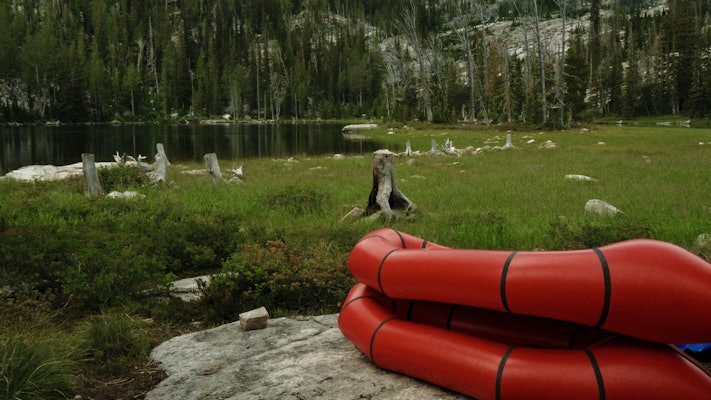
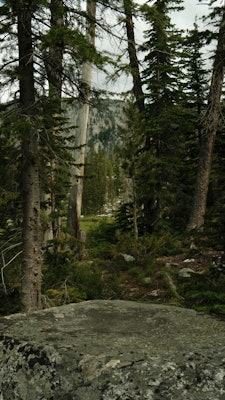
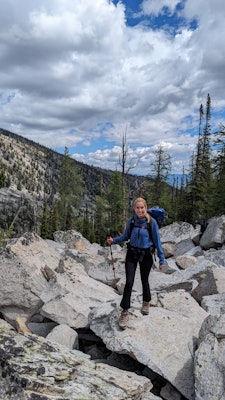
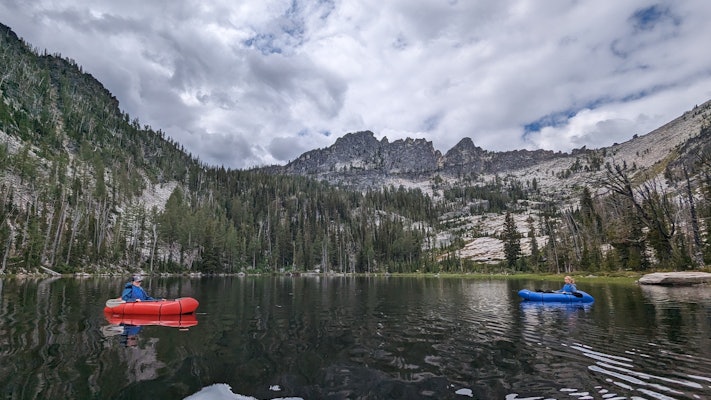
Go hiking (or packrafting) in the Bitterroot Mountains
Don’t get me wrong – the US’s national parks have achieved their elite status for a reason. But our national forests are just as precious, not to mention their trails are far less trodden. Take the Bitterroot National Forest, for example. Straddling Montana and Idaho, its pristine 1.6 million acres are ripe for fishing, camping, horseback riding, backpacking and, in our case, hiking to and floating on an alpine lake, also known as packrafting.
We’d both never considered a guided hike before – we’re more the get-up-and-go type – but on a day hike on the trail to Camas Lake with Luke, the founder of Bitterroot Backpacking, we loved the convenience of having someone else bring the necessary gear (including inflatable rafts) and food, as well as a fountain of knowledge about the local plants, animals and history of the area.
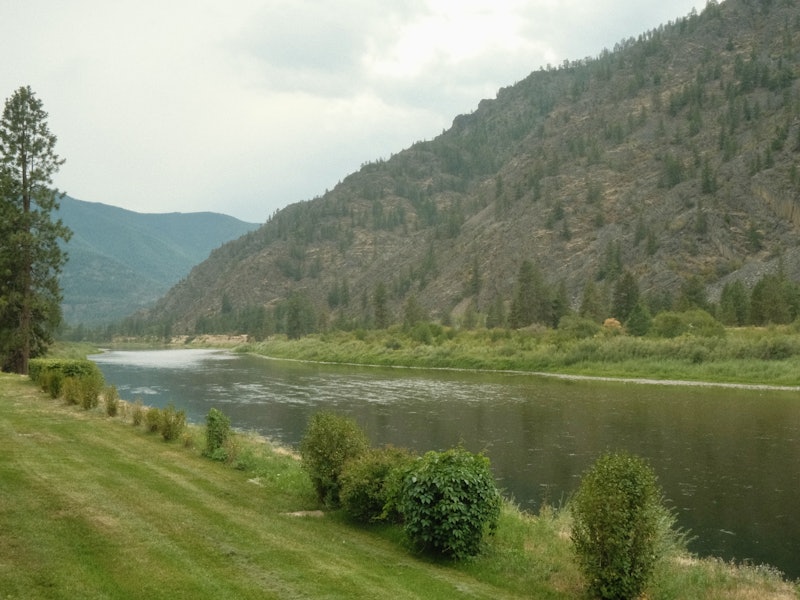
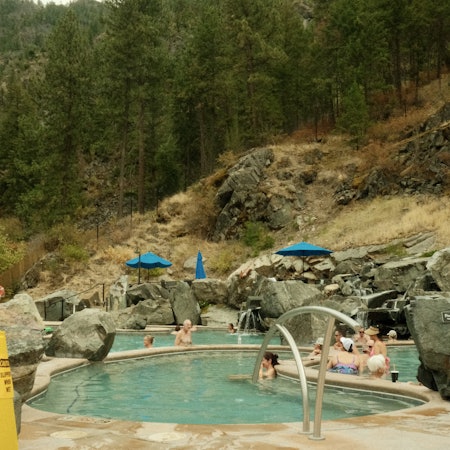
Sit back in a hot spring
When the town you’re in is called Paradise, you know the hot springs have got to be exactly that. And when you’ve, say, biked 15 miles or hiked seven, a soak in some hot mineral waters is a highly appropriate recovery method. There are natural springs across the region – and the entire state – but Audrey and I spent a couple of nights at Quinn’s Hot Springs Resort, literally in Paradise and bordering Lolo National Forest and the Clark Fork River. They have five natural pools (including a cold plunge) and two additional salt-treated pools for all ages. Use of the pools is included for lodge guests, but they also offer day passes for those just passin’ through.
Missoula's famous M trail. Mary Vanier/Shutterstock
Explore Missoula
Remember to head back to home base for a night or two. We spent a couple of nights in Missoula, and between outside-y endeavors, we loved eating, shopping and walking about town. We thoroughly enjoyed flipping through the racks at vintage spots like Betty’s Divine, Slangover Vintage and Betty Venom Vintage. Fuel up in the morning with a breakfast burrito at Market on Front and feast on elevated bar classics for lunch on Top Hat’s patio – or head there for a late dinner and stick around for a live band. Or, for a touch of elegance, get your classic Montana steak fix at 1889 Steakhouse.
If you’re in the mood for a hike but don’t want to get the car out, Missoula’s famous M and L trails will scratch that itch. They’re fairly steep but short and provide the best views you can get of the city. Start early in the morning to beat the brutal afternoon sun, as there’s hardly any tree coverage. Many visitors to Missoula also time their trip with a concert at KettleHouse Amphitheater in front of a gorgeous, mountainous backdrop (I narrowly missed Tedeschi Trucks the night before I arrived) or the Missoula Stampede, the city’s annual rodeo in August.
Where to stay
Aside from its blissful pools, Quinn’s Hot Springs Resort is an ideal place to base yourself for its central location (just an hour from Missoula), spacious, cabin-like rooms and peaceful natural surrounds. We also spent a couple of nights in Downtown Missoula at the modern Residence Inn, right at the center of it all. We loved having a kitchen/kitchenette at these properties because when you’re on a road trip, the leftovers sure can pile up, and it’s also nice to feel a sense of homeyness when you’ve spent a long chunk of the day in the car. Dude ranch stays like the family-owned Rich’s Montana Guest Ranch or the luxurious Paws Up are also extremely popular in the region.
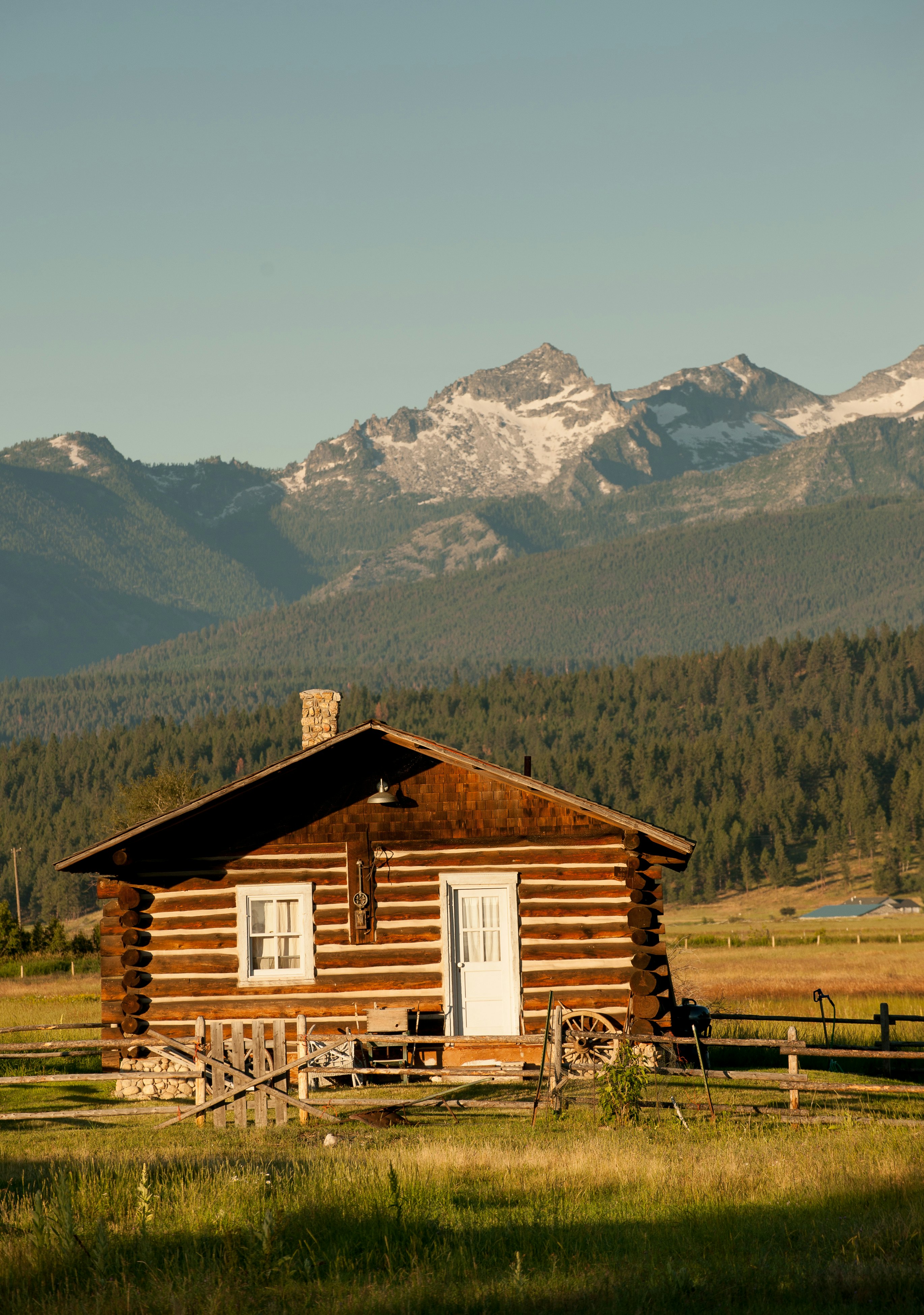
How to pair a visit to the region with a visit to Bozeman
It’s a (scenic) three-hour drive from Missoula to Bozeman, which is just one hour from Big Sky and around two hours from Yellowstone’s west entrance, making it spectacularly easy to plan a road trip exploring a sizable chunk of the state. You could easily fly into one airport and out of the other – they’re both cute and lodge-like – at the end of your visit. A car rental is a must, no matter where you’re headed.
Ann Douglas traveled to Montana on the invitation of the Montana Department of Commerce. Lonely Planet does not accept freebies in exchange for positive coverage.






